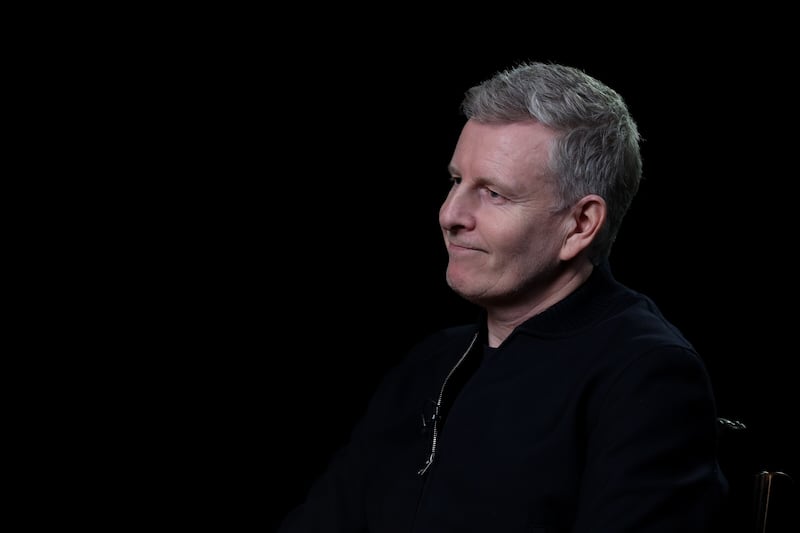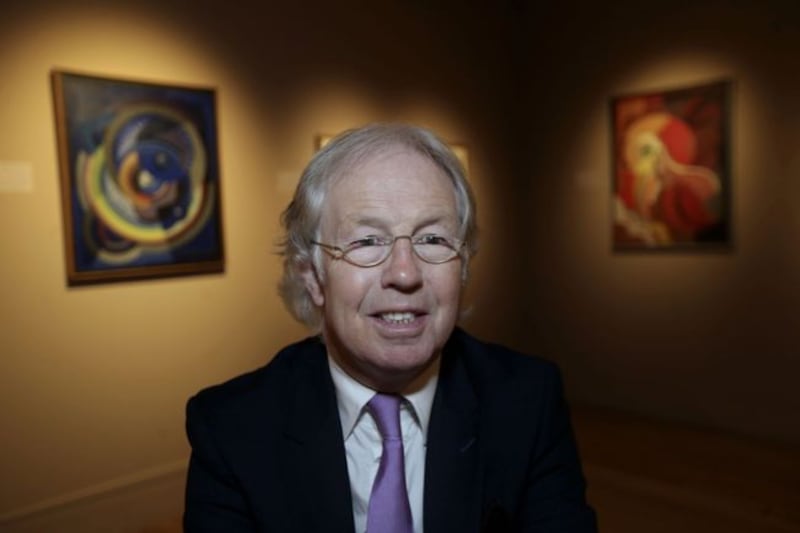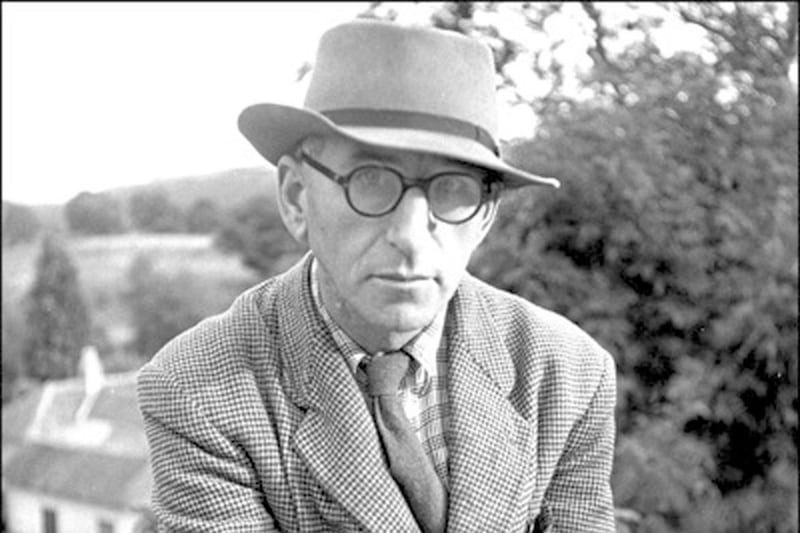Life
In the hot seat with journalist Eamonn Mallie
Veteran journalist and broadcaster Eamonn Mallie is back with a new television series in which the Co Armagh man pulls no punches while interviewing an eclectic selection of public figures from the north. He discussed Eamonn Mallie Meets with David Roy






